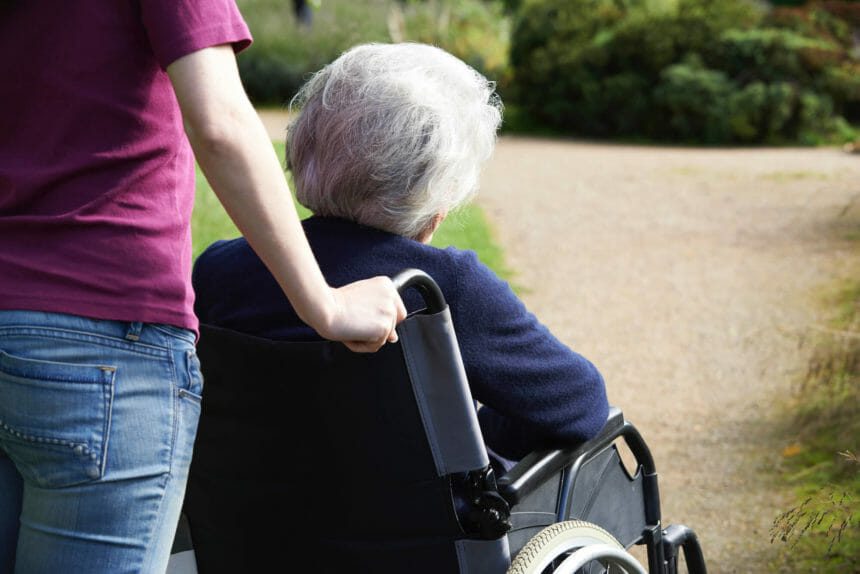
A “pop-up” coalition of more than 60 international organizations has developed recommendations for family presence in senior living and other long-term care communities as well as hospitals following the unintended negative consequences of visitor restrictions imposed during the COVID-19 pandemic.
The Coalition to Preserve Family Presence, including members representing long-term care resident and hospital patient advocates, quality and safety professionals, and global healthcare policymakers, developed “Person-Centered Guidelines for Preserving Family Presence in Challenging Times.”
“The widespread restrictions on the presence of loved ones and care partners in care settings across the continuum during the pandemic have resulted in serious unintended consequences for people at end-of-life, childbearing women, children and those with cognitive impairments,” according to a joint statement from Planetree International and the International Society for Quality in Health Care. “The coalition developed a comprehensive set of guidelines for minimizing unintended consequences of restrictive family presence policies during a pandemic.”
The coronavirus pandemic has permanently altered the future of health and long-term care delivery, the organizations said. The guidelines include information on what the future of family presence and visitation might look like in group and long-term care settings, including assisted living communities:
- Group and long-term care settings may cluster residents and patients in small cohorts (five to seven people), limit interactions outside of each cohort, and use consistent staff member assignment within the organization and cohorts.
- Residents may designate a limited number of family “care partners” to be welcomed on-site as members of that person’s support team.
- Operators may require care partners to undergo screening and health assessments.
- Providers may limit family members and friends other than care partners to visits via the computer or telephone, offering support for virtual engagement.
Among the organizations endorsing the guidelines are the American Health Care Association / National Center for Assisted Living, AMDA: The Society for Post-Acute and Long-Term Care Medicine, and the American College of Health Care Administrators. LeadingAge contributed to the guidelines.
In other coronavirus-related news:
- A Repbulican lawmaker has threatened to subpoena the Minnesota Department of Health if the agency does not release more information on the spread of COVID-19 in assisted living communities and nursing homes.
- UPMC reports that as Pennsylvania reopens, the health system is seeing fewer cases of COVID-19. UPMC experts also devised a strategy to help long-term care providers prevent the spread of the virus in facilities. None of the 3,000 residents of the more than 30 UPMC senior communities has tested positive for COVID-19, according to the system.
- A coordinated effort is in place to provide senior care centers with personal protective equipment through Operation PPE / Operation S.O.S. Avenidas in Palo, Alto, CA, is partnering with a coalition of local doctors in the effort to supply area senior care facilities before a potential second wave of coronavirus.
- A group of residents at Riderwood Senior Living Community, a continuing care retirement community in Silver Spring, MD, play the ukulele and sing together every week during the pandemic.


